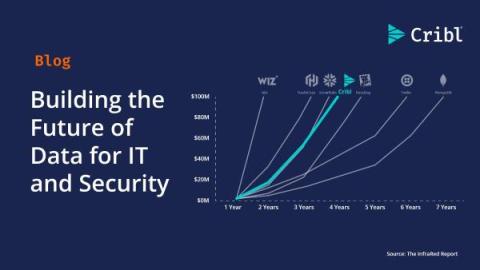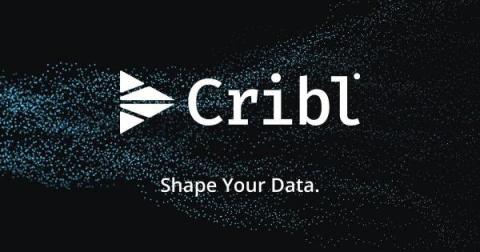Using Cribl Search to Aid in Threat Hunting by Enriching Data in Motion
Cribl Search is reshaping the data search paradigm, empowering users to uncover and analyze data directly from its source. Cribl Search can easily reach out and query data already collected in Amazon S3 (or S3 compatible), Amazon Security Lake, Azure Blob, Google Cloud Storage, and more. By searching data where it lives, you can dramatically speed up your search process by avoiding the need to move data before analyzing it.





